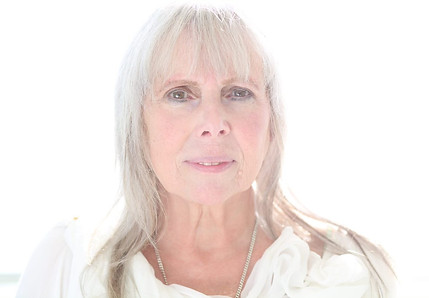

"When happiness is no longer required you have reached the destination!"
Shri Ramakant Maharaj
"I am eternal bliss, I am Shiva."

Chidananda
I am eternal bliss. I am Shiva.
I am eternal bliss. I am Shiva.
I am not the mind, intellect, ego or sub-conscious.
I am not the ears, the tongue, nose or eyes.
I am not space, earth, fire or wind.
I am eternal bliss. I am Shiva.
I am eternal bliss. I am Shiva.
I am not breathing power, the seven vital bodily constituents
nor the five coverings.
I am not speech, hands, feet, nor the rectum
I am eternal bliss. I am Shiva.
I am eternal bliss. I am Shiva.
I am not envy, greed, nor craving nor attraction.
I am not arrogance nor jealousy nor pride.
Nor religion, wealth, spending for mankind nor liberation.
I am eternal bliss, I am Shiva.
I am eternal bliss, I am Shiva.
I am not virtue, sin, joy, nor sorrow.
I am not mantra, pilgrimage, scriptures, offering nor ritual fire.
I am not food, the eating nor the one who eats.
I am eternal bliss, I am Shiva.
I am eternal bliss, I am Shiva.
I am not death, doubt nor discrimination of caste.
I am not father, mother, hence no birth.
I am not brother, nor friend, nor guru nor aspirant.
I am eternal bliss, I am Shiva.
I am eternal bliss, I am Shiva.
I am beyond concept, without change, beyond form.
I am all-pervading in all the senses.
I see equality in everyone; I'm neither liberated nor in bondage.
I am eternal bliss, I am Shiva.
I am eternal bliss, I am Shiva.
~~~~~~~~~~~~~
The bhajan is perfectly rounded off with the opening verse from the
Isha Upanishad. Its vast meaning explains the nature of Reality and
the wisdom of the path to Self-Realisation:
“That is whole and perfect. This is whole and perfect.
From the whole and perfect the whole and perfect becomes manifest.
If the whole and perfect issues forth from the whole and perfect, even still
Only the whole and perfect will remain. “
Chidananda is a beautiful bhajan which is sung every morning at Nashik ashram. The words are derived from the famous poem, popularly known in Sanskrit, as Atma-Shatakam, or Nirvana Shatakam.
Sri Adi Shankaracharya (788-820 CE), the great Hindu philosopher, Advaita Vedantic scholar and revered saint, summarized the non-dualistic philosophy in just six stanzas.
Legend has it that Shankara was eight years old when he travelled northwards from Kerala, in search of a Guru, a True Master who had reached Self-realization. While wandering in the Himalayas, he met Swami Govindapadapada Acharya, who turned out to be the teacher he had been searching for. When the sage asked Shankara, “Who are you?” Shankara responded spontaneously. His remarkable impromptu composition encapsulated the Advaita Vedanta philosophy in its entirety: There is nothing but Atma, the True Self, complete peace, freedom and joy.
“I am that eternal knowing and bliss, Shiva, love and pure consciousness”.
Chidananda takes one through the process of self-enquiry, step by step, eliminating and negating what one is not, using the method of “neti neti”, (not this, not this). This practice inevitably leads to the spontaneous realization:
“I am that eternal knowing and bliss, Shiva, love and pure consciousness”.


.png)